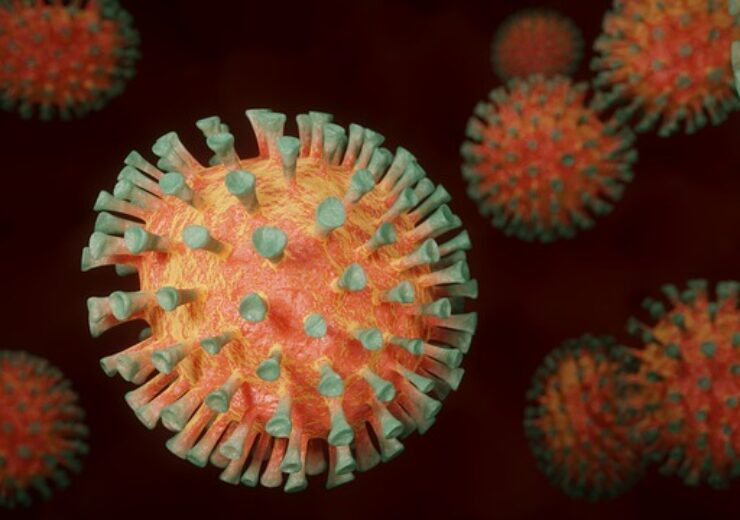Research led by the Johns Hopkins Environmental Health Microbiology and Immunology Laboratory in 2020 demonstrated the potential utility of saliva testing in large-scale sero-surveillance to address key public health and clinical priorities related to the Covid-19 pandemic

The research will inform GBS’ commercialisation strategy for two non-invasive and rapid POC diagnostic tests already in development. (Credit: Daniel Roberts from Pixabay)
GBS Inc. (Nasdaq: GBS), a life sciences company that develops non-invasive, real-time point of care (POC) diagnostic tests for patients and their primary health practitioners, today announced the execution of a sponsored research agreement with Johns Hopkins Bloomberg School of Public Health to accelerate development of next-generation saliva-based diagnostic tests.
The sponsored research agreement marks a collaboration between GBS Inc. and the Johns Hopkins Environmental Health Microbiology and Immunology Laboratory in the Department of Environmental Health and Engineering at the Johns Hopkins Bloomberg School of Public Health, and the lab’s Salivary Biomarkers and Infectious Diseases Program.
Led by Dr. Christopher Heaney, director of the Johns Hopkins Environmental Health Microbiology and Immunology Laboratory, the newly created program will support the lab’s ongoing research into saliva testing and diagnostics. The research will inform GBS Inc.’s commercialization strategy for two non-invasive, rapid POC diagnostic tests already in development: the SARS-CoV-2 Antibody Biosensor and, for people living with diabetes, the Saliva Glucose Biosensor.
Research led by the Johns Hopkins Environmental Health Microbiology and Immunology Laboratory in 2020 demonstrated the potential utility of saliva testing in large-scale sero-surveillance to address key public health and clinical priorities related to the COVID-19 pandemic. The study showed that, among individuals diagnosed with SARS-CoV-2 infection as confirmed by RT-PCR testing, the SARS-CoV-2-specific saliva antibody responses were comparable to with those observed in blood.
As part of the collaboration, GBS Inc. intends to work with Dr. Heaney’s team to identify new biomarkers best matched to testing via a salivary matrix. Johns Hopkins Environmental Health Microbiology and Immunology Laboratory researchers will conduct in-field epidemiologic investigations using the developed POC devices to better understand the incidence and prevalence of different diseases in at-risk populations.
“We are privileged to collaborate with Dr. Heaney and his team at the Johns Hopkins Bloomberg School of Public Health to advance their world-leading research, and to contribute Dr. Heaney’s mission to develop ‘last mile’ diagnostic options for patients globally,” GBS Inc. Chief Executive Officer Harry Simeonidis said.
GBS Inc. is a subsidiary of biotechnology enterprise The iQ Group Global, a consortium of companies focused on finding, funding and developing bioscience discoveries to create life changing innovations.
“The need for accurate, rapid, non-invasive testing has never been more urgent. We look forward to working with Johns Hopkins Bloomberg Public School of Health researchers in the important mission of enabling diagnostic self-testing for people all around the world,” The iQ Group Global Group Chief Executive Officer Dr. George Syrmalis said.
Source: Company Press Release
